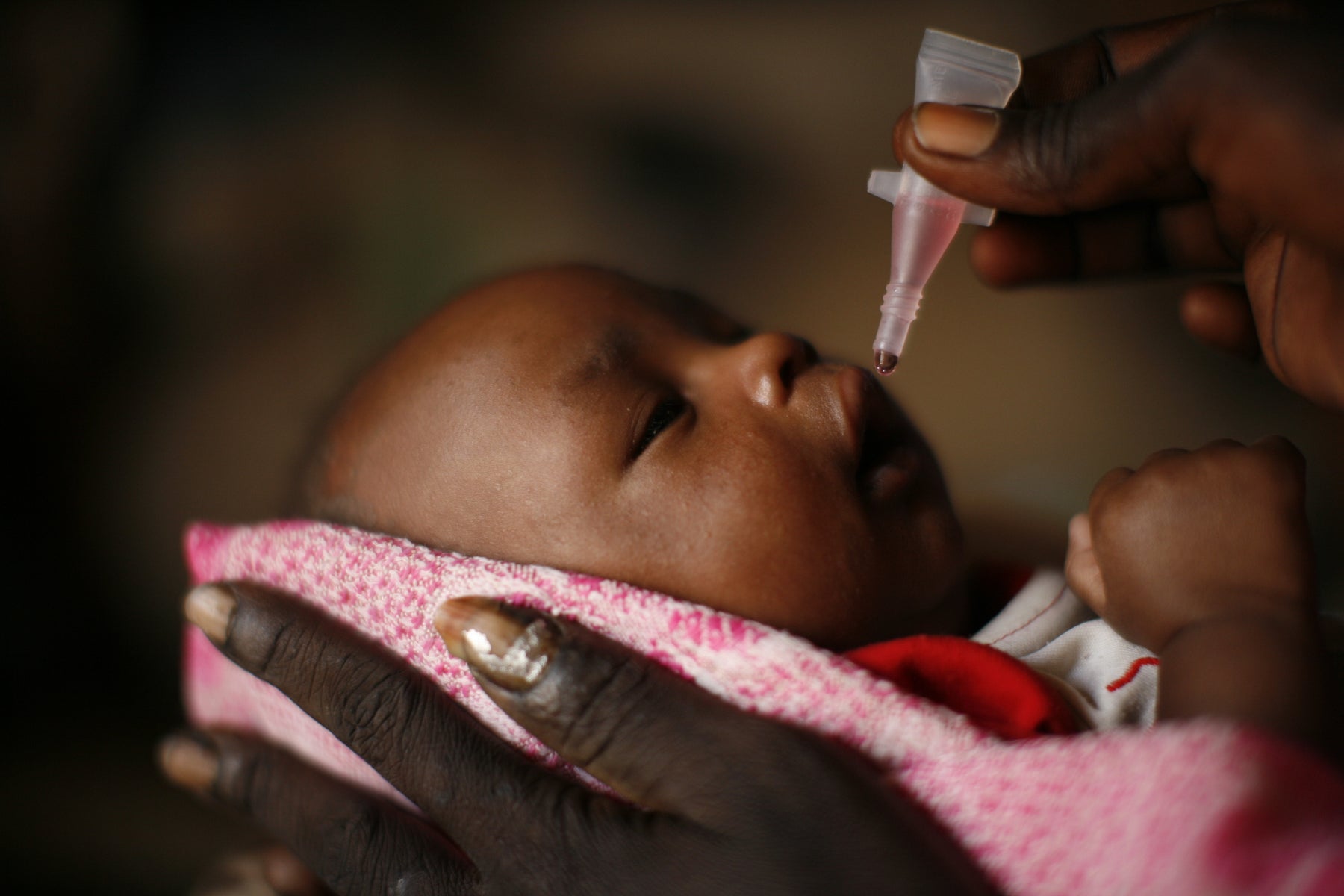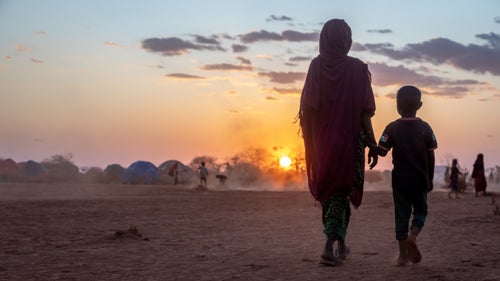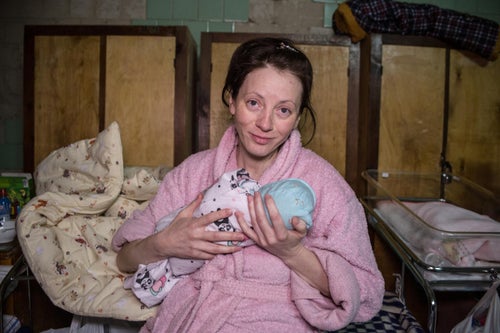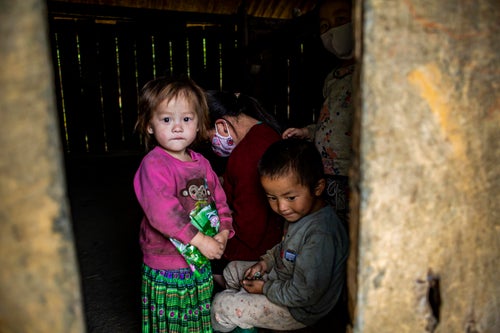UNICEF works to ensure children live happy, healthy and safe childhoods. Every child has the right to good health and our donors help fund UNICEF to protect and champion children.
"Every child has the inherent right to life, and the State has an obligation to ensure the child's survival and development."
Immunisation is a cornerstone to UNICEF’s global child survival program and in the past 20 years has contributed greatly to reducing the number of children who die from preventable disease.
Routine immunisation protects more children than ever before but there are still children – often the most vulnerable and at risk of life-threatening disease, who miss out.
In 2012, nearly one in five infants, or 22.6 million children, missed out on a vaccine they needed to stay healthy.
Almost one third of deaths among children under 5 are preventable by vaccine. Here are three routine childhood immunisations saving children’s lives.
___________
Measles
15.6 million lives were saved between 2000 and 2013 through measles immunisation.
- In 2013, there were 145, 700 measles deaths globally – about 400 deaths every day or 16 deaths every hour.
- Routine immunisation has resulted in a 75 per drop in measles deaths, between 2000 and 2013, worldwide.
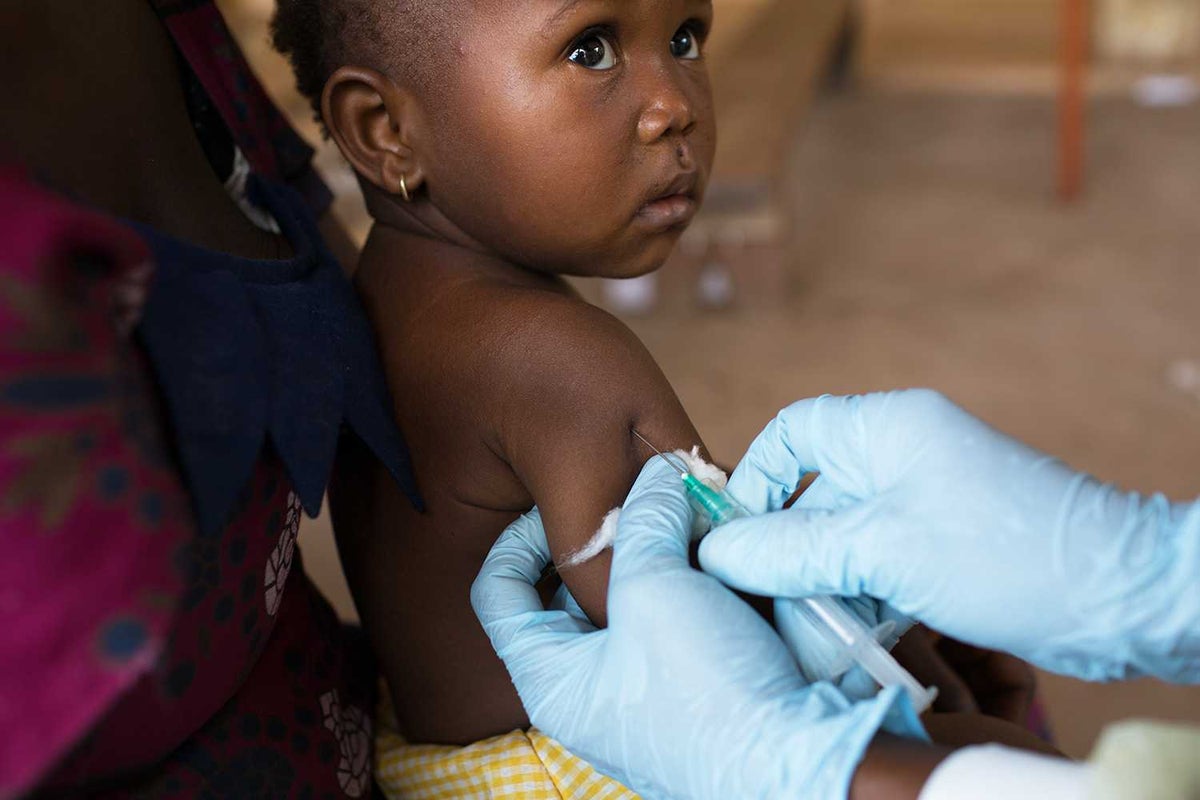
When UNICEF-trained health workers travel to remote parts of Ebola-ravaged Sierra Leone, they don’t just make sure children are immunised against measles – a highly contagious and potentially life-threatening childhood illness – they distribute other preventative health care, like vitamin A and deworming tablets, and offer nutrition screenings.
In Sierra Leone, UNICEF and its partners will, this year, reach 1.5 million children five years and under with vital health care and childhood immunisations. This follows the worst outbreak of Ebola in history and continues amid the ongoing health emergency.
Vaccinate Children. Save Lives.
Help protect children against preventable diseases with lifesaving vaccines.
Polio
We are so close to eradicating polio - for good. This month, UNICEF celebrated a year of Africa remaining polio-free. It leaves just two countries, Afghanistan and Pakistan, with ongoing cases of this debilitating and often deadly virus.
- In 1998, there was an estimated 350,000 cases of polio. Immunisation has brought that down to just 416 cases in 2013.
- If we fail to eradicate polio the disease could climb to 200,000 new cases every year, globally, in just 10 years.
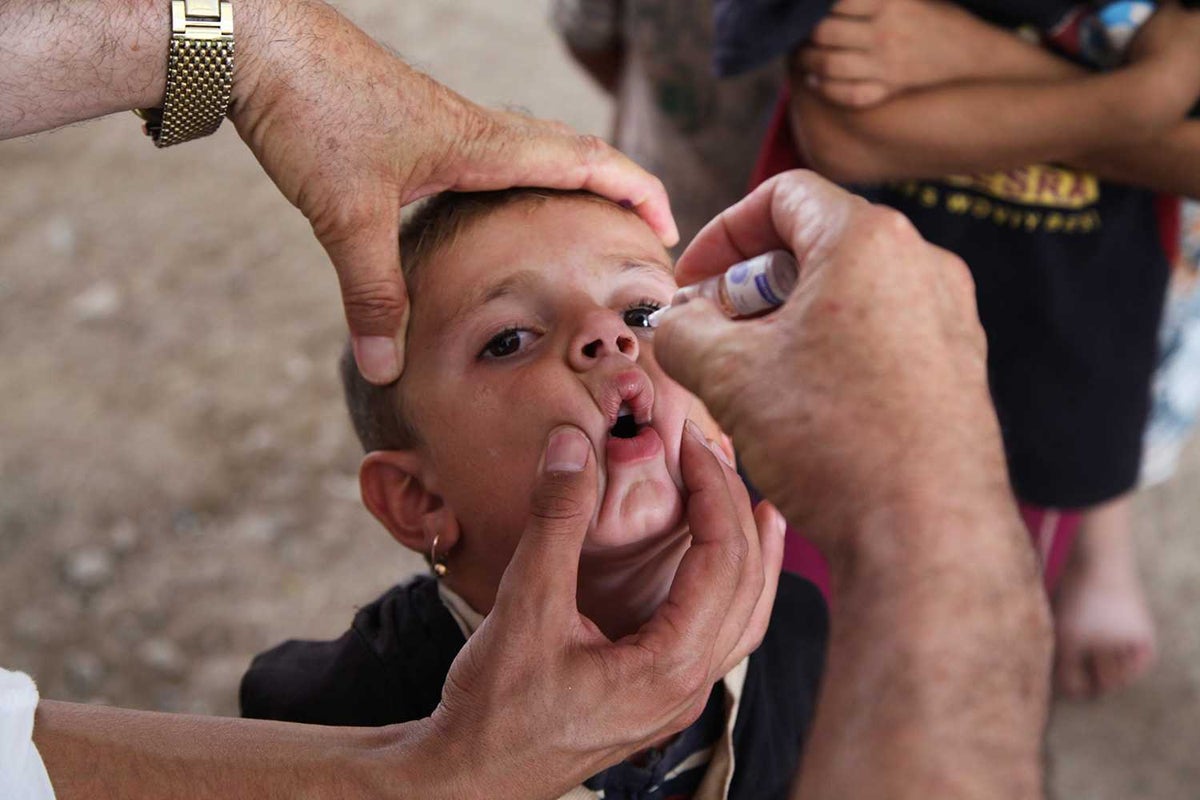
In conflict situations, children miss out on routine vaccinations to protect them from preventable diseases. In Syria, no new polio cases had been recorded since 1999, but the disease returned in late 2013, at the height of the current emergency.
Last year, UNICEF led the world’s largest polio vaccination campaign, targeting 25 million children in Syria and around the region to stop the spread of polio in its tracks. With UNICEF working to eliminate this debilitating, and sometimes deadly, disease in its last few strongholds, the end of polio is in sight.
___________
Maternal and neo-natal tetanus
It’s an agonising death for a newborn. Maternal and neo-natal tetanus (MNT) makes them sensitive to sound, light and touch – meaning in their final moments, they can’t be held and loved.
Maternal and neo-natal tetanus is easily preventable. UNICEF works to ensure women are immunised against MNT and to ensure childbirths are safe and hygienic.
- In 2013, 49,000 newborns died of neonatal tetanus, with the disease also contributing to the death of many mothers.
- A $2 vaccine can protect women and their future babies.
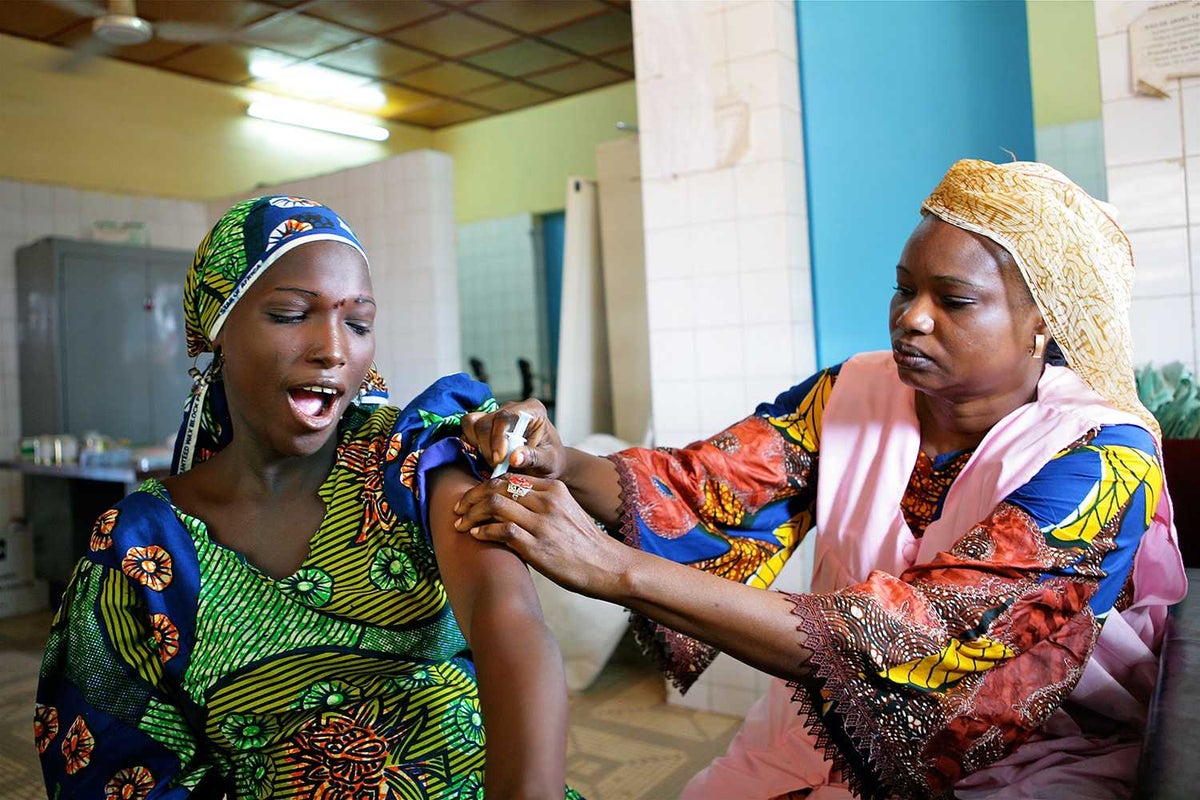
The very first step to making sure a baby is strong and healthy is to make sure mothers are strong and healthy. Tetanus vaccinations, as well as hygienic birth environments and umbilical cord care, can save mothers and babies who would otherwise be lost to this painful and often fatal illness.
UNICEF is committed to eradicating maternal and neonatal tetanus and has been working around the world to vaccinate mothers and ensure safe childbirth.
Take action to stop maternal and neonatal deaths
For every child
All children deserve protection from preventable diseases and right now, we're working to deliver vaccines to some of the world's most remote and dangerous regions. You can help us reach further, faster, and ensure every child has access to lifesaving immunisations.
Related articles
Stay up-to-date on UNICEF's work in Australia and around the world



